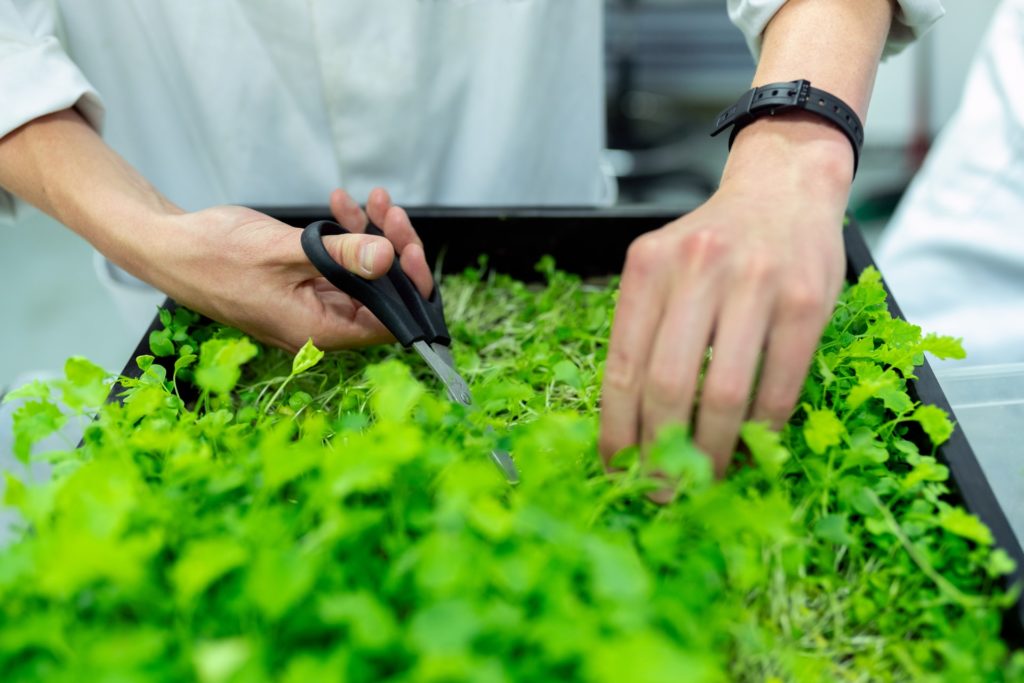A new project backed by European funding is conducting research into the possibility of creating cosmetics based on raw vegetable material produced and harvested in a high-tech manner.
The project, called InCoCells, aims to give agricultural waste flows a new purpose and render animal testing unnecessary, according to the Flemish infocentre for agrictulure and horticulture (VILT).
There are 11 different countries involved in the four-year-long scientific research project, and in Belgium, Flanders will focus on the search for innovative, high-quality cosmetic products from plants and plant cells.
“In the first phase of the research, we’ll try to map out as many plant species and parts as possible,” research leader Alain Goossens told VILT.
“We are looking for relevant ingredients and corresponding production methods.”
They hope to find at least 50 new ingredients through testing for the presence of bioactive components with useful properties.
“We'll put the needs of producers and consumers first and ensure that these new cosmetic ingredients are suitable for the market,” Goossens explained.
They’re looking at plants with a variety of cultivation methods, from traditional field farming to greenhouse cultivation and even agricultural waste streams. They’re also considering plant cell cultures - like plants grown in air culture installations without soil, which has a much lower environmental impact - as a possibility.
Fruits, vegetables and herbs are among potential candidates for cosmetics ingredients: tomatoes, carrots, apples, basil, ginger and lemon balm. They’ll also take a look at hops, liquorice and geraniums.
In a later stage, the researchers will examine the possible biological reactions of the new materials using cell-based tests, instead of animal testing.
“None of the products will be tested on animals or will contain animal products,” the institutions involved say, explaining that only plant extracts and natural products with an environmentally friendly production potential will be developed and then tested on human volunteers.
InnCoCells’ budget comes out to around €7.9 million and a partner organisation from Finland is coordinating the project.
The 16 other partners are a mix of academic institutions and SMEs. There's also one large industrial partner, a non-profit organisation and a sector organisation from the cosmetics industry.
In Flanders, partners include the Flemish Institute for Biotechnology (VIB), the Institute for Agricultural, Fisheries and Food Research (ILVO) and Add Essens, a research company specialising in sustainable technology.

